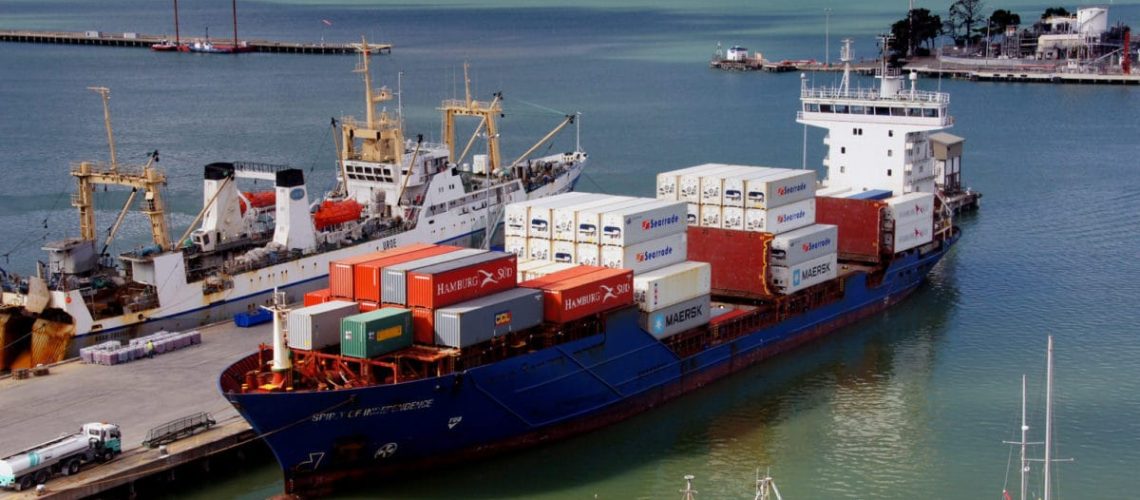Customs and Border Patrol has detained a large shipment of quartzite, the raw material for making polysilicon, from an unnamed Tier 1 solar module supplier.
According to a recent industry note from ROTH Capital Partners’ Managing Director, Phil Shen, U.S. Customs and Border Patrol (CBP) has detained a large shipment of material from a so far unnamed Tier 1 solar module supplier.
According to the note, the detained shipment was specifically a supply of quartzite, the raw material for making polysilicon, though details outside of the material seized and confirmation of the seizure are sparse, as is typical with CBP trade enforcement. The product was seized as part of the enforcement of the recently-enacted Uyghur Forced Labor Prevention Act (UFLPA) and ROTH reports that CBP is requiring documentation showing the source of the quartzite.
The issue of quartzite documentation is an especially tricky one, as ROTH shares that, to its knowledge, none of the module vendors have quartzite documentation, and that two of the leading suppliers, Wacker and Hemlock semiconductor, are not in a position currently to provide this information. It is possible that this is information the companies could provide, asserts Roth, but doing so would take time and put other shipments to the U.S. in jeopardy.
Passed in Dec. 2021, UFLPA seeks to ban the imports of all products from Xinjiang unless the products are determined to not be connected to forced labor of Uyghurs and other ethnic minorities in China. Xinjiang is home to 50% of the global supply of polysilicon, an essential material in conventional solar modules, and there has been concern that implementation of UFLPA would severely disrupt what has already become a strained solar supply chain.
While roughly half of the world’s polysilicon does not come from Xinjiang, it is difficult to trace where every single manufacturer gets all of their polysilicon from, and there could be potential for entire factories to be “contaminated” by a relatively small mix of Chinese polysilicon in an otherwise non-Chinese mix.
While the Department of Homeland Security Office of Strategy, Policy, and Plans’ June 30 strategy for preventing the importation of goods mined or produced using forced labor under the UFLPA was initially seen as a best-case scenario for the solar industry, with other companies thought to be at-risk left off the list of banned imports, this detention casts a shadow on that notion.




